Late on the vibrant eve of Eid al-Fitr, Heba Rashed was faced with an interesting, albeit unorthodox proposal: a donation of a single Vodafone top-up card to her NGO, the Mersal Foundation.

The text, sent in by a young woman, had been well-meaning and simple:
“I want to donate to the premature babies you take care of, but I don’t have money,” it read. “I only have a top-up card, and I would like to donate it.” Rashed, as Founder and CEO of the Mersal Foundation—a health charity born in the sleepy suburbs of Maadi, which provides pro bono medical treatment to all nationalities without discrimination—accepted the donation without a moment’s hesitance.
“I wanted [her] to feel happy regardless of what she donated,” Rashed expressed to the BBC.
Once the young woman sent in the card’s code, which offered a user 10 EGP worth of mobile service, Rashed made the decision to auction off the card as a means of fundraising for Mersal. She urged large cooperations to contribute, along with individuals. Despite this, the cause attracted little attention early on; Rashed’s vocal attempts fell on deaf ears, and only a few days prior to these events, she had expressed frustration with the difficulty to attract donations for health causes.
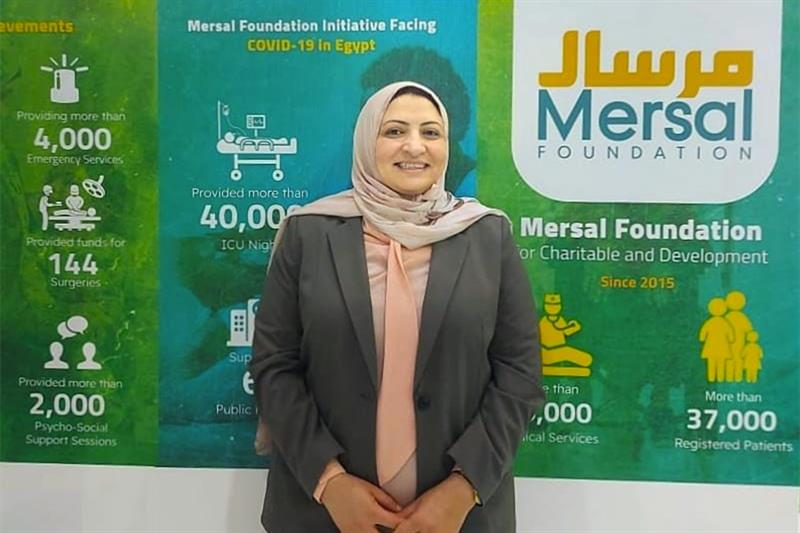
Given Mersal’s sole dependence on social media platforms as a means of advertising themselves, it kept them vulnerable and relatively unknown in comparison to behemoths such as the 57357 Cancer Hospital and the Magdi Yacoub Foundation.
The tides would soon change, however.
An announcement by Vodafone Egypt in response to Rashed’s auction promised they would match the total donations made by the end of the day. The fundraiser became a viral sensation within Egyptian circles almost immediately, and the donations piled up without further delay.
Over one million EGP was raised by donators over a single day.
“I expected the auction to yield a few thousand pounds,” Rashed tells the BBC, “but the result was astonishing.”
Rashed aims to use the funds to purchase 17 incubators for premature babies and establish more Mersal units across the country. Today, Mersal has four branches in Cairo and one in Alexandria, where infant mortality is relatively high.
As of 6 May, the card is worth over 11 million EGP, Rashed informs Egyptian Streets. Vodafone has yet to donate their share.

Although successful, the campaign has garnered less-welcoming attention from Egyptian authorities, who have been cracking down on non-governmental organizations in fear that “online fundraising could be exploited by terrorist groups.”
In direct response to the developments of Rashed’s cause, the Ministry of Social Solidarity referenced the official ban on using social media as a means to raise charity funds. According to a statement made on 1 May on the ministry’s official page, “any individual who collects donations without obtaining a legal permit will be subject to legal accountability.”
This encompasses “any means, including Facebook, Instagram, Whatsapp, or any other social media platform.”
Still, the hashtag “Egypt’s most expensive top-up card” remains trending on social media, with overwhelming support from the community.
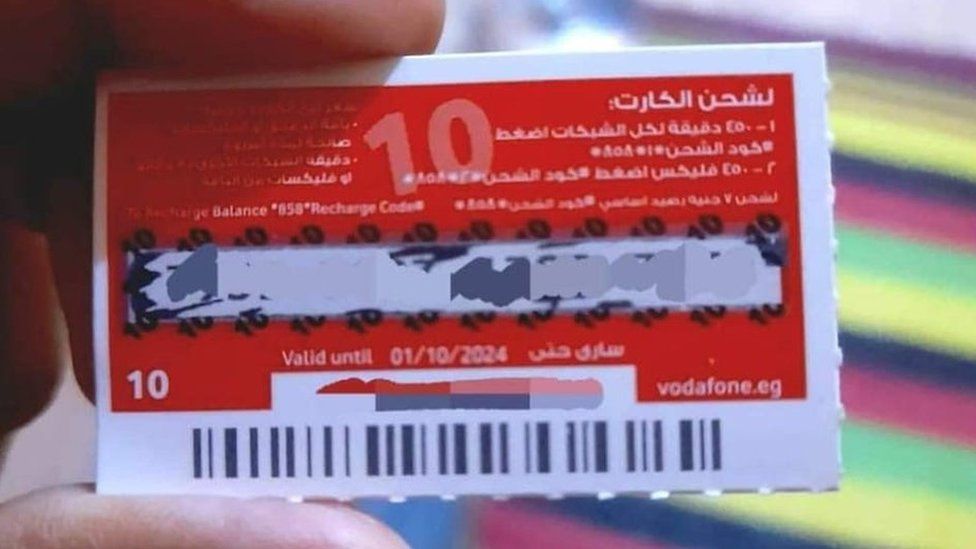



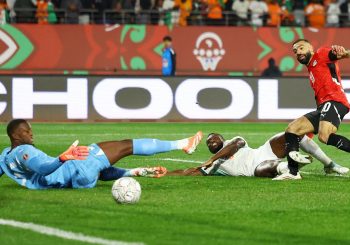
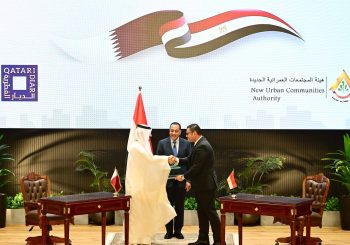
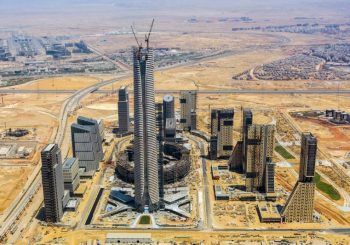
Comments (0)